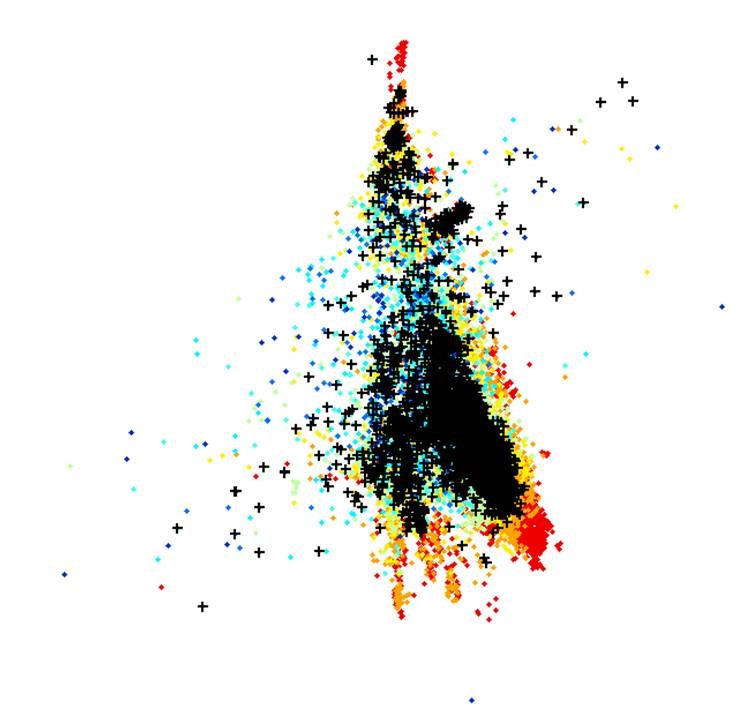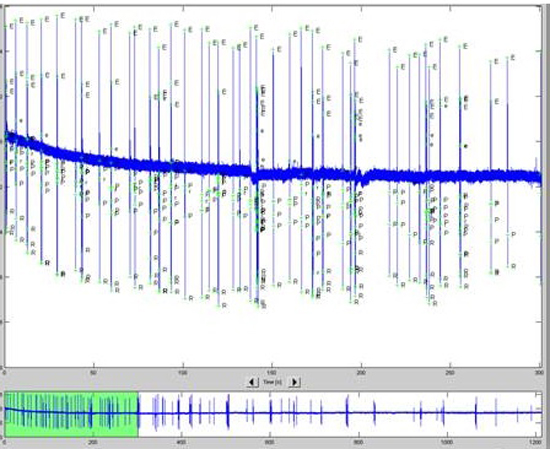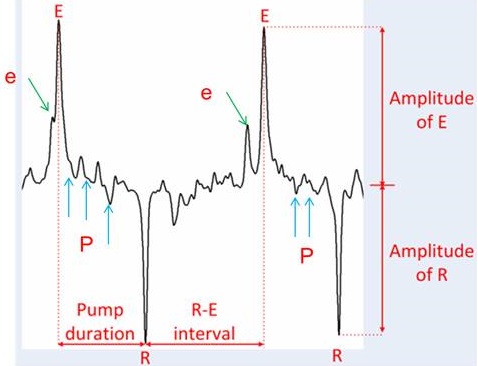
Software for analysis of nematode behaviour.
Tracking software
Nematodes display a number of different, simple behaviours, which can be easily quantified. We have tools that permit the automated analysis of locomotory patterns and the identification and quantification of distinct behavioural states.
C. elegans behavioural states are heavily dependent upon food, in terms of both its abundance and quality. We have utilised this behavioural phenomenon as a basis to develop a protocol for conducting toxicological screening.

EPG software
Feeding behaviour of C. elegans is regulated by a neural system which controls the rhythmic contraction and relaxation of the pharyngeal muscle. The activity of this neuromuscular network, called an electropharyngeaogram or EPG, can be recorded using a microfluidic device, NeuroChip. AutoEPG software was designed in collaboration with EMBody-biosignals and enables analysis of the EPG signal. It identifies and annotates discrete features of the EPG waveform that provide a readout of effects on a range of potential chemical or drug targets encompassing neurotransmitter receptors, ion channels and intracellular enzymes.
AutoEPG provides an excellent ‘first-pass’ for the identification and prioritisation of neurologically relevant and novel chemical entities.

Neurotransmitter / channel |
Pharyngeal phenotype |
| Serotonin | Δ frequency |
| Acetylcholine | Δ ‘e’ and frequency |
| BK potassium | Δ pattern (bursting) |
| Glutamate | Δ ‘p’ |

